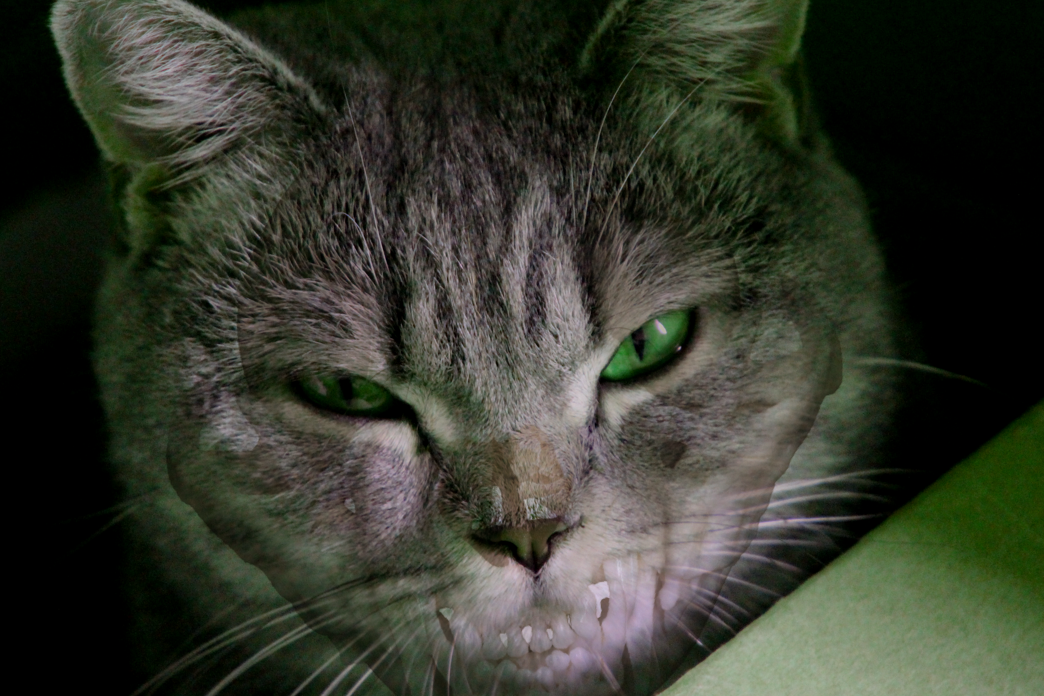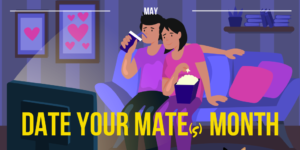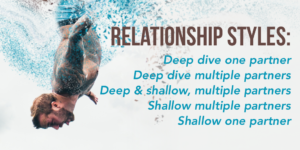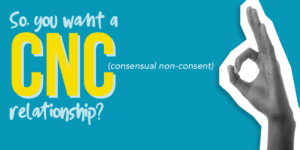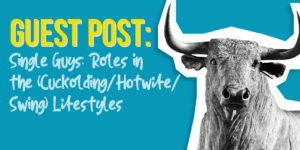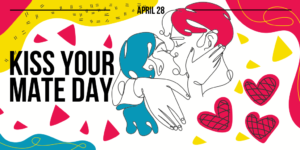Schrödinger’s point was not, as often implied, the apparent absurdity of quantum mechanics if extrapolated up to the everyday scale. The cat was the product of correspondence between Schrödinger and Albert Einstein, after Einstein had criticized the interpretation of quantum mechanics championed by the Danish physicist Niels Bohr and his colleagues.
Bohr argued that quantum mechanics seems to force us to conclude that the properties of quantum objects like electrons do not have well-defined values until we measure them. source
I’m toying with an idea today. That self-identity is what it is simply because we pay attention to it, and therefore measure and define it.
Without that attention, is it really… nothing?
Now, I already hear y’all, “I am me, no matter who pays attention or what happens.”
Well, yeah.
But even that statement is beside the point.
Or, makes the point.
You are self-aware, therefore simply making that statement has you paying attention to yourself and measuring yourself in a definable way. And you have been, for some years.
Self-aware, that is.
On whatever level.
You know that you are a separate and distinct human. That you have your own ideas and others do not know what you know (in it’s entirety) and vice versa.
And prior to your self-identification, others showed you how to measure yourself, through their reactions to your behavior. And your brain picked that up.
Sex is determined by physicality. How your body is formed, what parts you get, and what hormones are produced.
Gender is one way we identify. Until recently, that has also relied primarily on physical clues. Now, many see it as a form of self identity.
So, it’s because we are paying attention to and measuring gender that we can set is as separate and distinct from biological sex classification and have conversations like this.
When I was 5, my favorite colors were pink and baby blue.
When I was 8, that changed, because according to measurements I’d internalized from outside sources and my own reactions to them, I believed that I was a tomboy, and those colors were “girly.”
When I was 11, my grandmother thought I was too “mannish,” and sent me to a finishing/modeling school, hoping that I would learn how to be female enough to catch a husband. I learned makeup and hair and walking in heels well enough to pass, and promptly forgot them all.
When I was 19, I started experimenting with heels, decided I liked them, and that training paid off, since I could walk in them. I still hated most makeup and was useless with hair. “Not very good at being a girl,” I told myself. But that was OK, I enjoyed sex, rollerbladed, and explored my world further.
By 30, I was wearing heels nearly exclusively, except for exercise, because that was the “way I am feminine.” I still didn’t like makeup much, and doing anything my hair was a challenge not to be tackled.
At 45, I wear heels still, and love them, but my femininity is not tied to them. Nor is my sex appeal, or how I feel as a woman. I still don’t wear much makeup beyond some lip color (except in super-dramatic dress-up play), and my hair dominant (@Yesm) is told that if styling takes more than drying and possibly brushing my hair, it’s not going to happen.
I am AFAB and identify as a woman. I have often felt other than feminine or female, even. My definitions, as given to me when I was young included:
- Cross dressers who were both “sissies” and incredibly masculine.
- Polyamourous people.
- Self-described queer and gay folk.
- Mom saying, “You can be anything you want to be, regardless of your goody bits.”
- Women who were traditionally “unfeminine,” and men who were more feminine, all of whom were amazing, vibrant, sexy people to their people.
And during all of that time, while physical/visual clues might suggest to me the gender I am interacting with (and I’d go with that assumption, for the most part), I always realized that there were other options in how they presented, and I’ve been open to those corrections.
Now, I ask, more often than not, rather than simply assume.
But, that’s because my definitions have changed, so those options exist for me, now.
I could be those choices/lived experiences. Others could be and often are different choices/lived experiences than what I have chosen or even experienced.
So, while these ideas existed for others, they did not exist for me, until I measured and defined them, by being exposed to the idea.
One more thought, through a funny story related to me:
I met this man, and we’d been chatting. He told a girlfriend of his about me and the lifestyle I lead. Her response was, “She has to be a prostitute, right? People don’t… just… live like that. They get paid. No one actually does that just because.”
It was not said maliciously. But from being exposed to a VERY different system of measurements than I ever was. Which, if you think about how kinksters are portrayed in popular TV (Like Lady Heather in the original CSI), they are often pros and prostitutes. Sometimes bad guys, or deviants who end up dead from accidental asphyxiation, and it gets covered up, because it’s so damn shocking, and the team has to track down the REAL horror—they were kinky… They didn’t live it. They hid it.
For many people, our identities, as kinksters, dominants, submissives, pets, baby girls/boys/primal… they are like Schrödinger’s Cat. They neither exist nor do they not exist. They don’t know, until they define and measure it in their own minds.
For me, that same belief/disbelief was a thing with the super-religious. Who REALLY lives that way, outside of TV and books? Well, lots of people.
Who knew?
Not me.
Now, they most definitely exist. Still in a fuzzy, not hardly understood way, but they are part of my world view, and part of my own identity as “not that.”
Last week, I spent about 10,000 words trying to give a young man a different perspective on life.
Not because I specifically think I have a right to change him.
But because I believe in giving people more tools to examine their lives against, and determine their self identity or gender or sexual orientation or whatever more clearly, by having those options to consider.
“I think, therefore I am,” speaks to the same idea.
Do you know who you are, or do you know that you are, if you do not think to separate yourself from others, or to compare and contrast?


